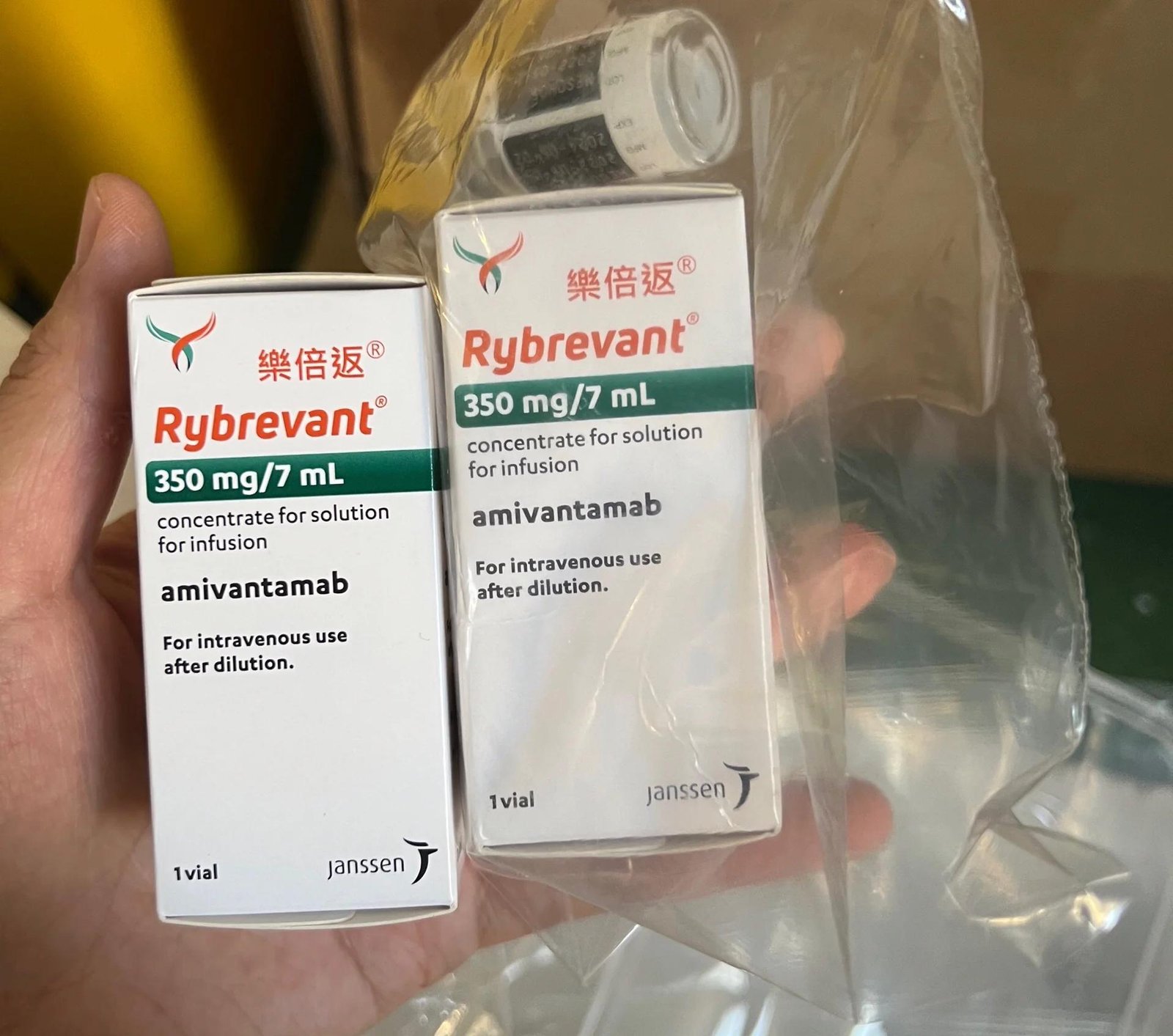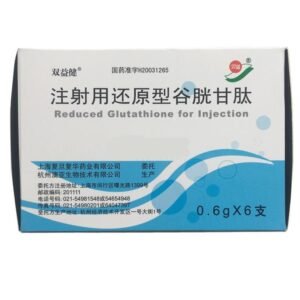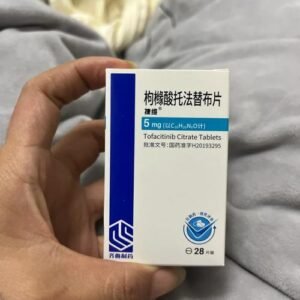Amivantamab injection 埃万妥单抗注射液
Amivantamab is a bispecific antibody targeting EGFR/c-Met, mainly used to treat patients with advanced non-small cell lung cancer (NSCLC) carrying EGFR exon 20 insertion mutations. It inhibits tumor growth by simultaneously blocking the EGFR and c-Met signaling pathways, and is suitable for patients with specific mutations whose disease progresses after platinum chemotherapy. The drug needs to be used under the guidance of a doctor and may cause side effects such as rash and infusion reactions, which require close monitoring.
Mechanism of Action and Indications
Mechanism of Action: Amivantamab binds to the two proteins EGFR and c-Met, blocks downstream signal transduction, inhibits tumor cell proliferation and induces immune cells to kill cancer cells.
Indications: Mainly for patients with advanced NSCLC with EGFR exon 20 insertion mutations, as a second-line treatment option (i.e. after failure of platinum chemotherapy).
Clinical efficacy and data
Clinical trials show that Evantumab has significant efficacy in the target population:
The objective response rate (ORR) is about 40%, and the median duration of response (DOR) is 11.1 months;
The median progression-free survival (PFS) is 8.3 months, which is more advantageous than traditional chemotherapy.
Common side effects and treatment
Skin reactions: About 86% of patients develop rashes, which can be relieved by local medication or dose adjustment;
Infusion-related reactions: The incidence is about 66%, and antiallergic drugs should be used before medication to prevent it;
Other side effects: including paronychia, oral ulcers, hypoalbuminemia, etc.
Precautions for medication
Use as directed by a doctor: Strictly follow the dosage and medication cycle prescribed by the doctor, and do not adjust or stop the medication on your own;
Monitoring and intervention: Regularly check liver function, electrolytes and lung conditions during treatment (because it may cause interstitial lung disease);
Contraindications: It is contraindicated for those who are allergic to the drug ingredients, and pregnant or lactating women need to assess the risk.
Patient medical guidance
Confirmation of EGFR exon 20 insertion mutation requires genetic testing;
If the disease progresses after chemotherapy, you can bring the test report to the oncology specialist clinic for evaluation;
During treatment, if you have difficulty breathing, severe rash or abnormal liver function, you need to seek medical attention immediately.
Evantumab provides a new option for targeted therapy, but its application needs to be combined with individualized evaluation. Patients should use medication in a standardized manner under the guidance of a doctor and follow up regularly.
View more
Share:
Products
Our offers
Health Classification
Let us work together to protect precious health




























